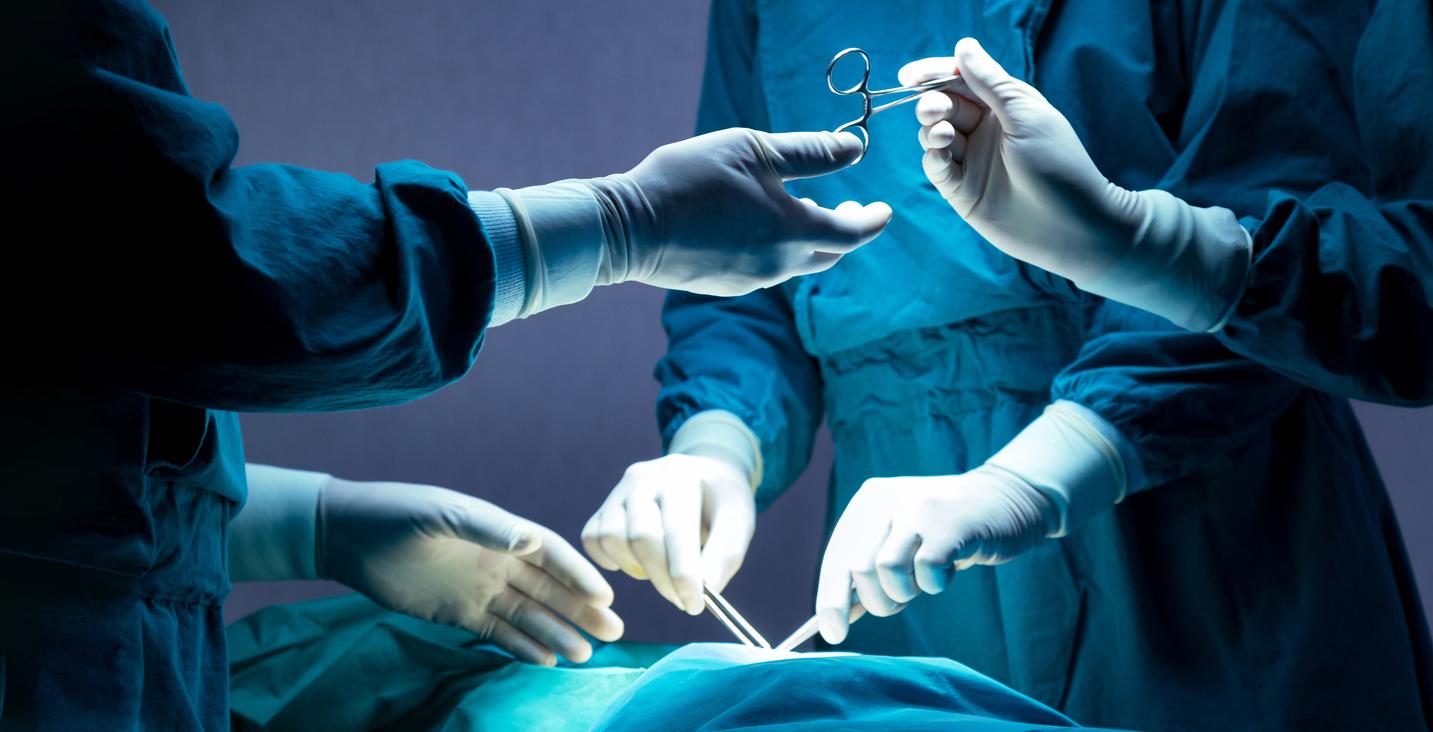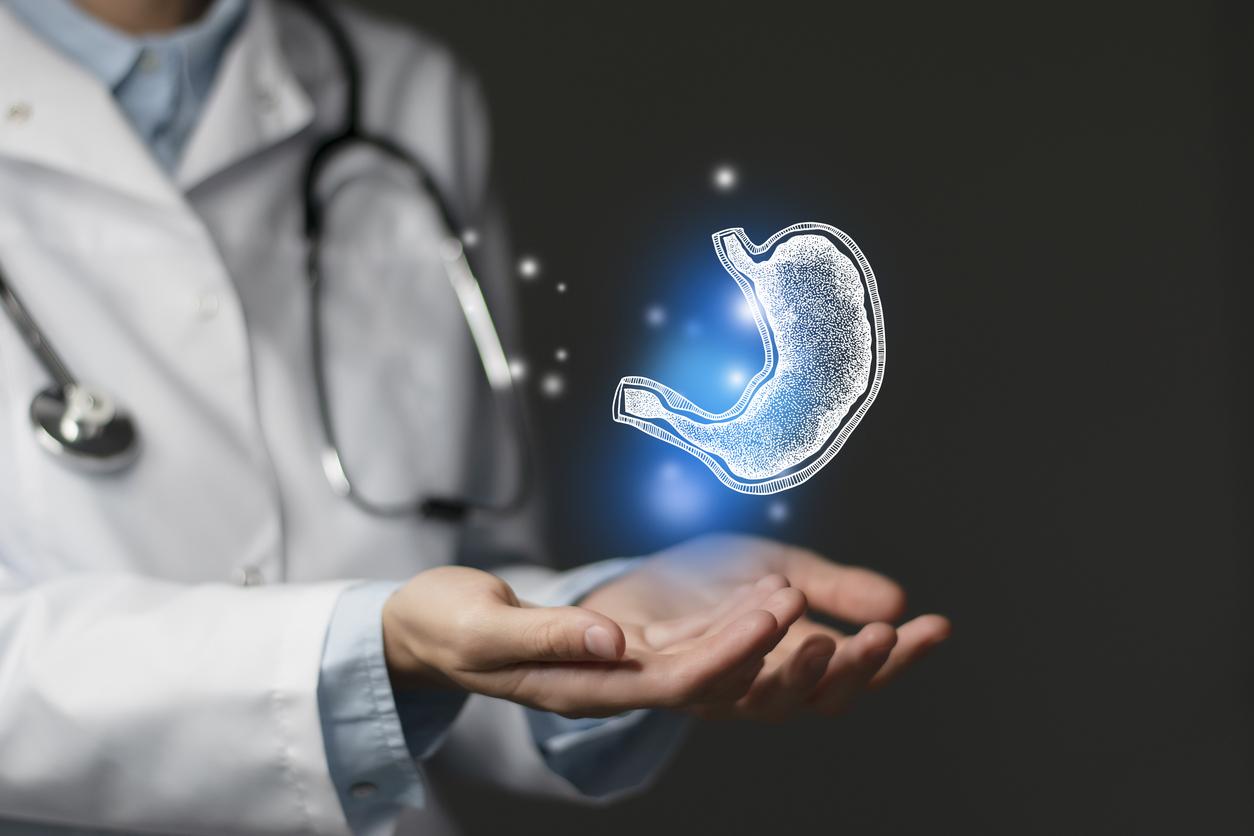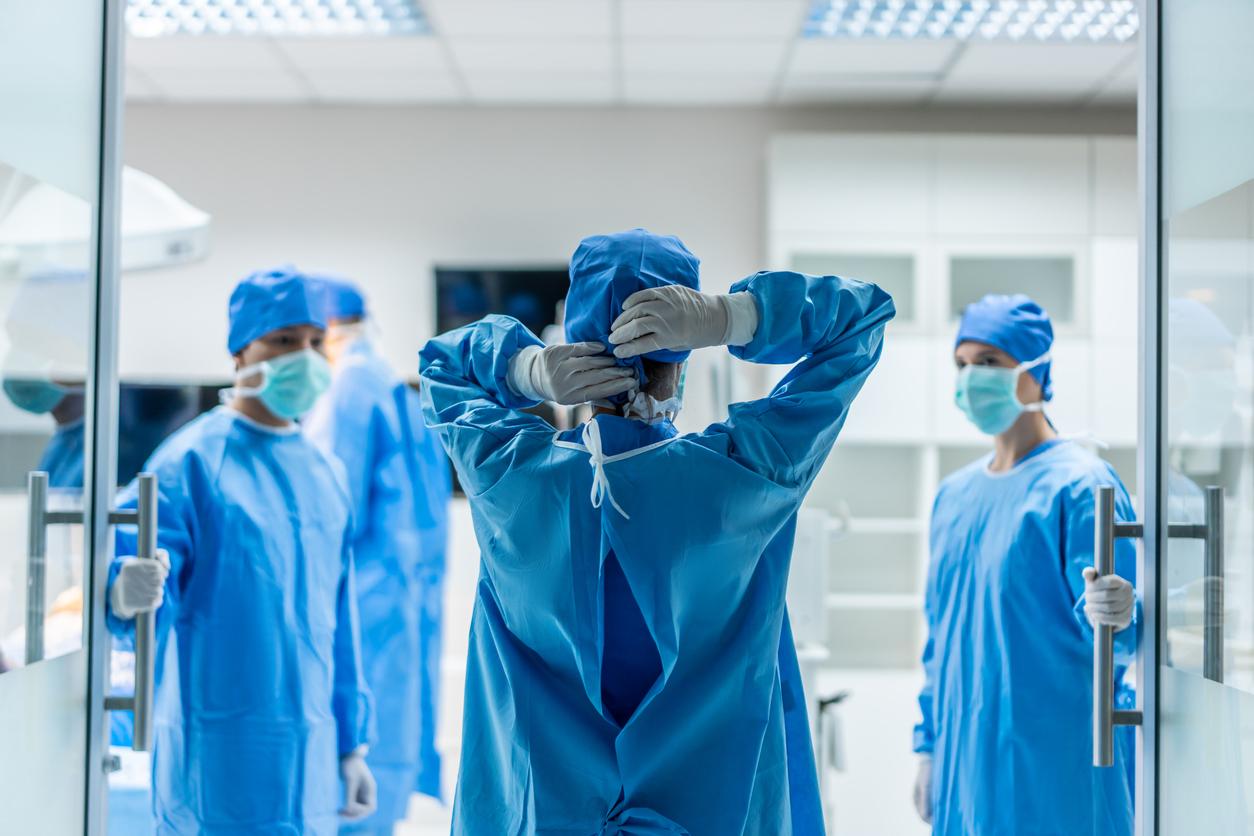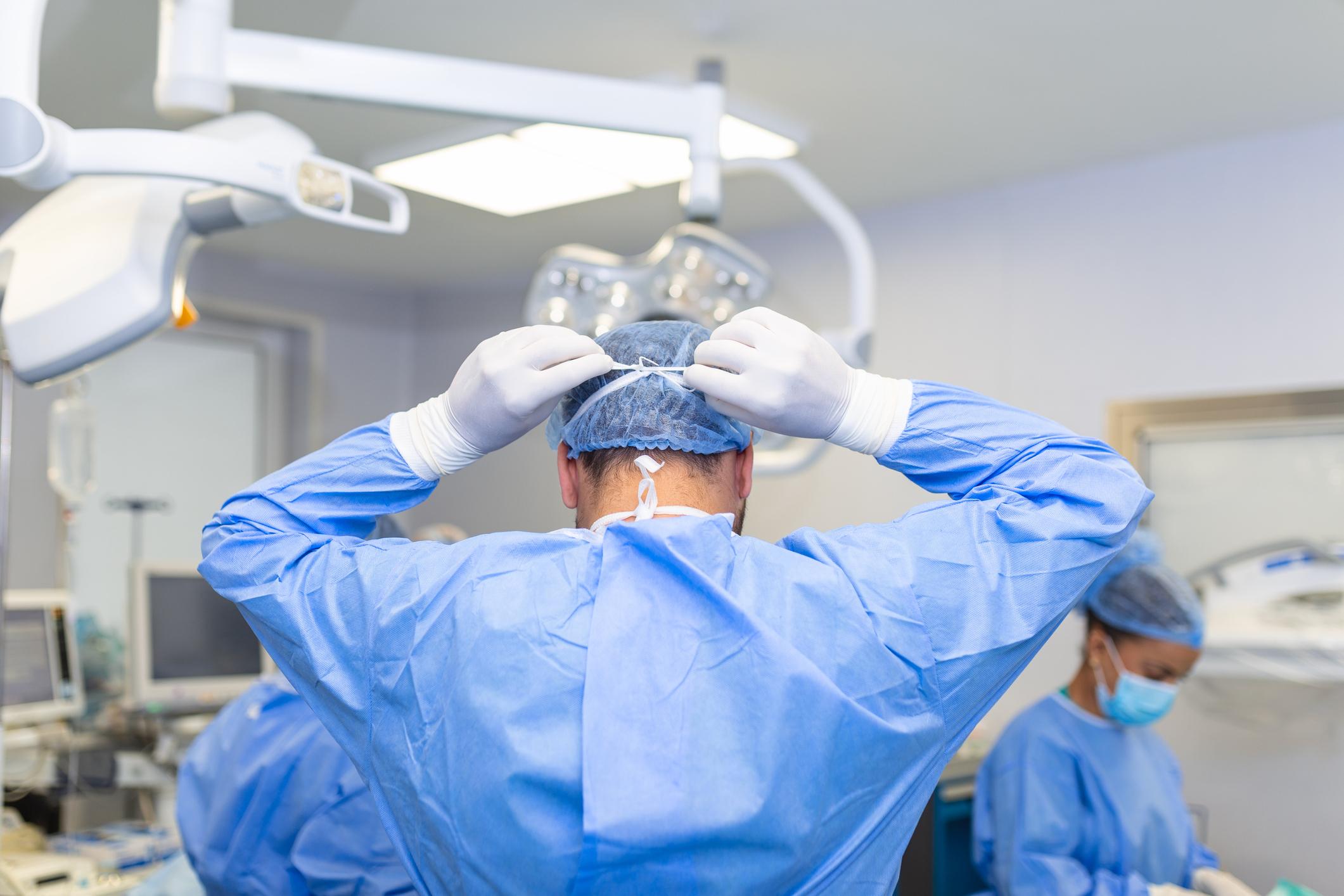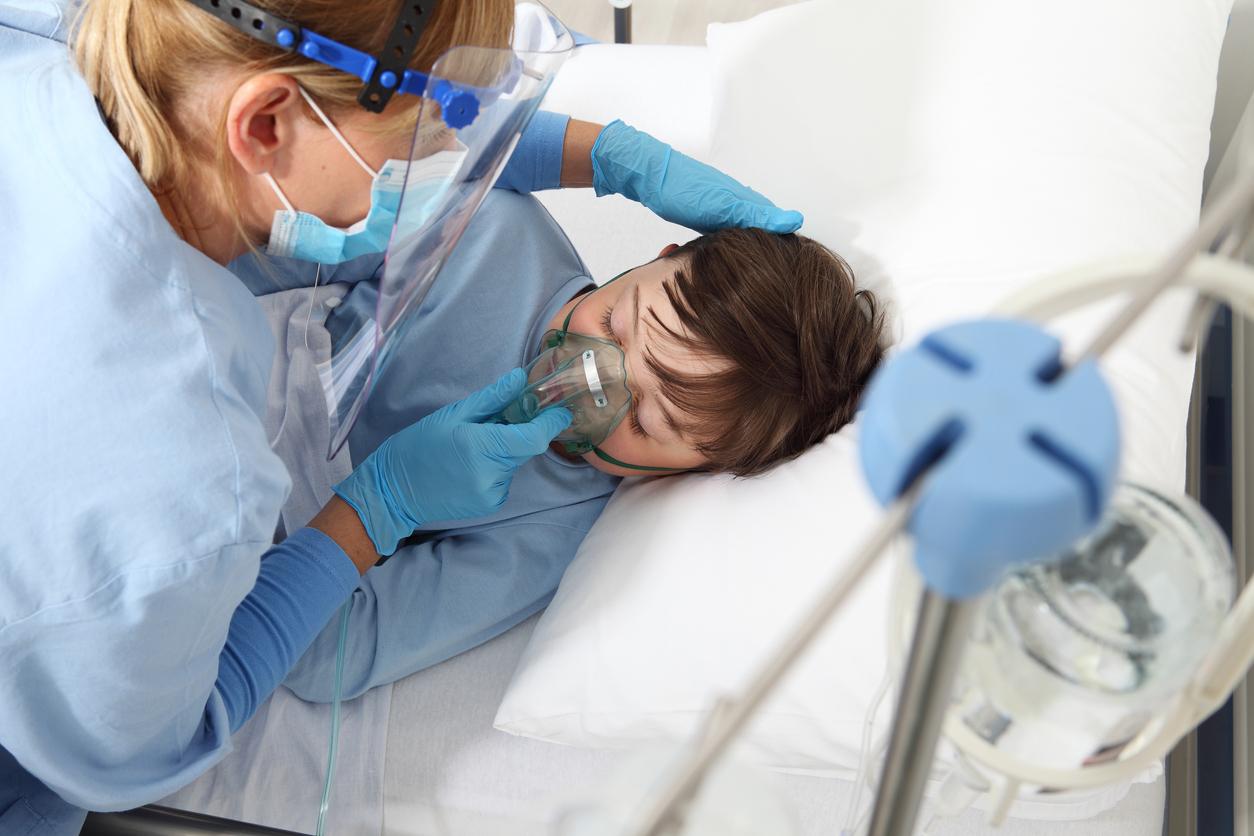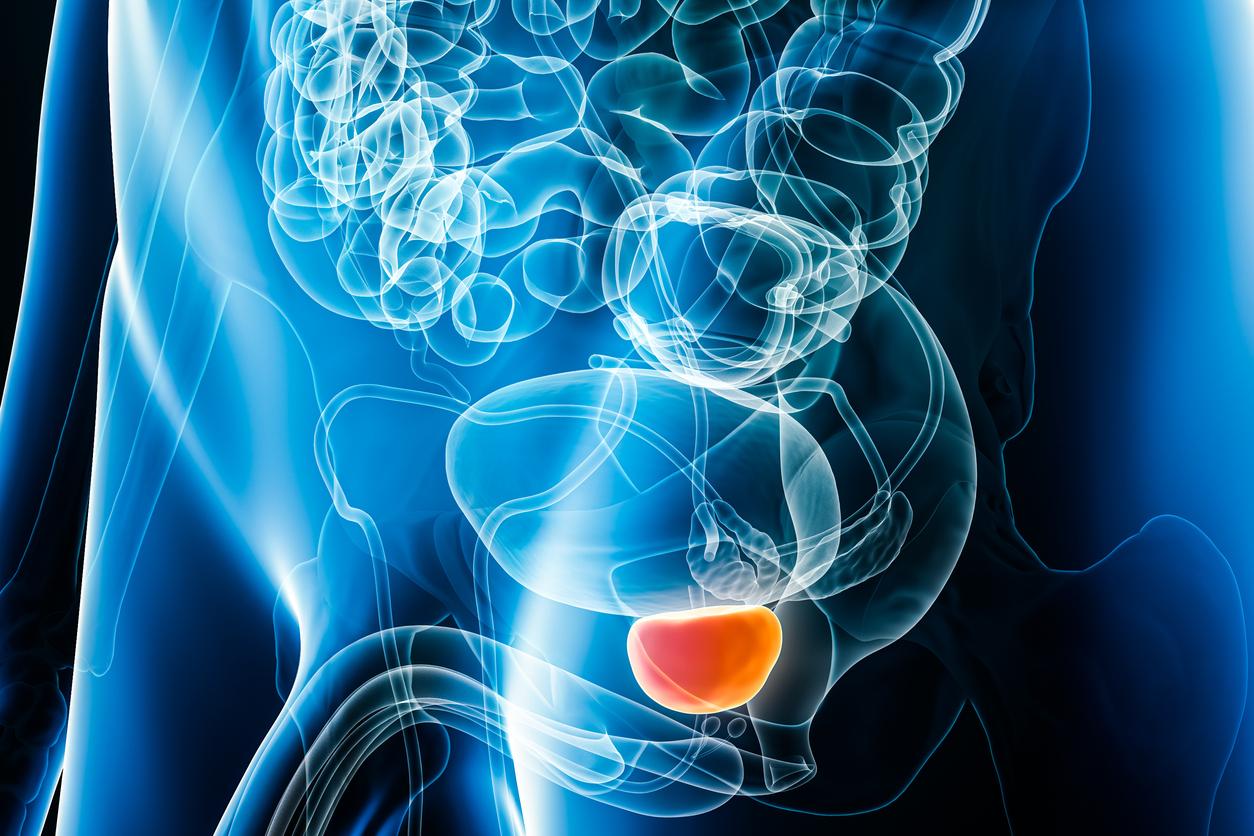
Eating too fast and too much
Patty Brard did it and so did Hanneke Groenteman: losing tens of kilos in a short time through a stomach reduction operation. At the moment there are approximately 11,000 people in the Netherlands who undergo gastric reduction surgery every year. It seems like an easy way to let the pounds disappear like snow in the sun. And a lot of people are also very happy about it. But there are pitfalls.
1. Eating too fast
When your stomach contents are minimized, that leftover bit of stomach really needs time to process the food you eat. If you eat too fast and don’t chew well, the food ends up in your intestines in large chunks. The result: sweating, nausea, vomiting and diarrhea. The solution: Chew every bite well and really take your time before a meal.
2. Overeating
It usually takes 20 minutes to feel full when you eat. Even if your stomach has gotten smaller. But your stomach will be full sooner and if it gets too full, you will vomit. The solution is the same as with the first point: eat slowly, chew well and put down your cutlery regularly during the meal. It is better to eat small portions more often during the day. And take smaller plates, so that you don’t serve up too much so easily.
3. Too little protein
After a stomach reduction, it is extra important to choose healthy. The small meals you can still eat should provide you with the nutrients you need. In addition, your body certainly needs extra proteins in the time after surgery. And that is difficult to achieve. The solution: preferably choose something rich in protein with many good nutrients, such as a bowl of yogurt or cottage cheese, a handful of nuts or a whole grain cracker with cheese.
4. No Hunger
Due to the changes in the body, you may not feel hungry at all. However, it is important to eat a good basis every day. Solution: Eat small meals at set times (five to six times a day).
5. Diet mode is still on
If you’ve been on a lot of diets, you may be eating too thin. While fat also provides good substances such as essential fatty acids and fat-soluble vitamins. Solution: opt for full-fat products, which provide the right nutrients.
6. Vitamin Deficiency
The amount of foods you can eat can never provide the nutrients your body needs. In the long term, this can lead to shortages. The solution: always take a multivitamin supplement. Preferably a supplement that is especially suitable for accelerated release after bariatric surgery (stomach reduction). These release their vitamins earlier and that is better because digestion goes a lot faster after a stomach reduction. Your body does not get the chance to absorb the vitamins from an ordinary multivitamin.
7. Fall back into old habits
In the beginning, the operation does its job, but after a while the weight loss is no longer so automatic. Then lifestyle rules are necessary to let your weight drop even further or to keep it the same. The solution: work on permanently changing your eating and exercise behaviour. Falling back into old habits often leads to weight gain again.
A stomach reduction operation
In the Netherlands, you are only eligible for gastric bypass surgery if you have a BMI over 40, or a BMI over 35 with serious other problems, such as diabetes, sleep apnea or heart problems. Other waste attempts must also have failed. Patients are closely monitored before and after surgery. The size of the stomach is reduced to the size of a large egg, so after surgery you should learn to eat a small meal five to six times a day.
This article was created in collaboration with the dieticians of Care for Obesity.









